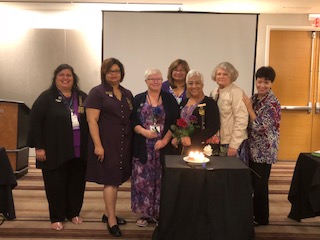Today we celebrate the everyday worker. Labor Day honors the American labor movement and the contributions workers have made to the strength, prosperity, laws and well-being of this country. This Labor Day, Federally Employed Women wishes you a weekend of family and fun, whether you enjoy a picnic, a barbeque, or a good nap. It’s the time of relaxation and fun!
As you enjoy this holiday, take a moment to reflect on the importance of the work you do every day and the efforts of you and your colleagues to service the American people and our Agencies. The mission of Federally Employed Women is to continue to improve the working lives of every federal workers – “…to end sex and gender discrimination, to encourage diversity for inclusion and equity in the workplace, and for the advancement and professional growth of women in federal service”. We appreciate and celebrate you in this partnership!
As FEW “Soars to New Heights” we continue to remind everyone of the talents of women and diversity. We have made great strides and have broken enormous ground to add to history. FEW is here to remind everyone our work is not in vain.
Happy Labor Day! And remember to slather on that sunscreen and don’t mix driving with either alcohol or texting. FEW wishing you a sunshine filled summer weekend to remember!







